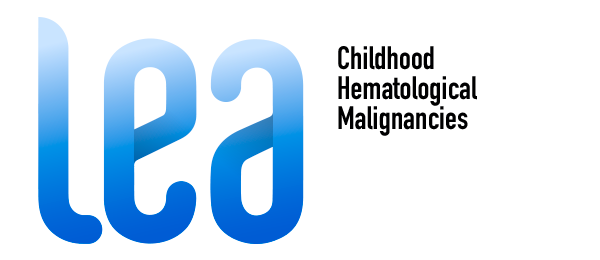Agnès Dumas, Claire Berger, Pascal Auquier, Gérard Michel, Brice Fresneau, Rodrigue Sètchéou Allodji, Nadia Haddy, Carole Rubino, Gilles Vassal, Dominique Valteau-Couanet, Sandrine Thouvenin-Doulet, Léonie Casagranda, Hélène Pacquement, Chiraz El-Fayech, Odile Oberlin, Catherine Guibout and Florent de Vathaire.
Br J Cancer. 2016 Apr 26;114(9):1060-8.
https://pubmed.ncbi.nlm.nih.gov/27115571/
Background
Although survival from childhood cancer has increased, little is known on the long-term impact of treatment late effects on occupational attainment or work ability.
Methods
A total of 3512 five-year survivors treated before the age of 19 years in 10 French cancer centres between 1948 and 2000 were identified. Educational level, employment status and occupational class of survivors were assessed by a self-reported questionnaire. These outcome measures were compared with sex-age rates recorded in the French population, using indirect standardisation. Paternal occupational class was also considered to control for the role of survivors’ socioeconomic background on their achievement. Multivariable analyses were conducted to explore clinical characteristics associated with the outcomes.
Results
A total of 2406 survivors responded to the questionnaire and survivors aged below 25 years were included in the current analysis. Compared with national statistics adjusted on age and sex, male survivors were more likely to be college graduates (39.2% vs 30.9% expected; P<0.001). This higher achievement was not observed either for leukaemia or central nervous system (CNS) tumour survivors. Health-related unemployment was higher for survivors of CNS tumour (28.1% vs 4.3%; P<0.001) but not for survivors of other diagnoses. Survivors of non-CNS childhood cancer had a similar or a higher occupational class than expected.
Conclusions
Survivors treated for CNS tumour or leukaemia, especially when treatment included cranial irradiation, might need support throughout their lifespan.

